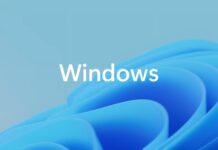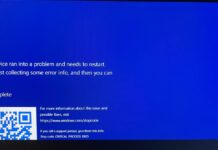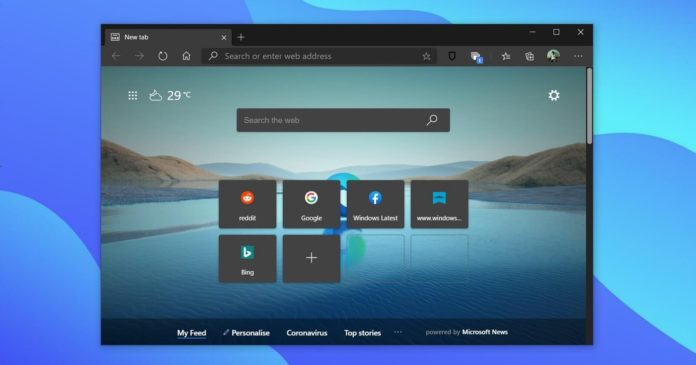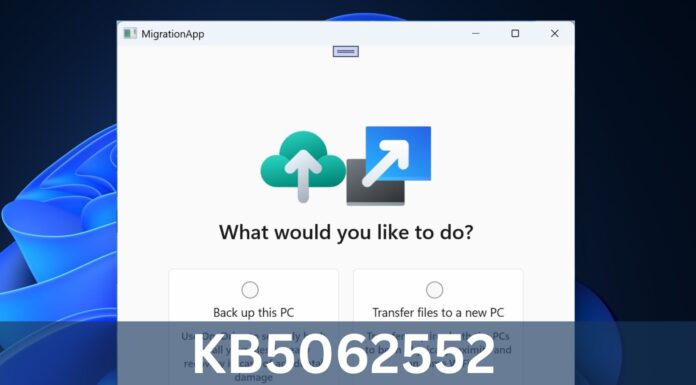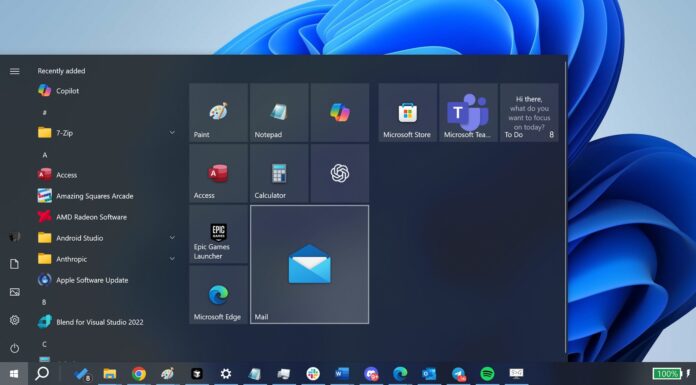If you have a habit of sharing links with others or hopping from PC to PC, Microsoft Edge for Windows 10 is getting a new feature that will improve the website links sharing experience.
This new feature will basically allow users to find the links that they copied or shared last time. For example, if you send and receive a large number of links every day and you don’t remember what the link was when you need to use them again, Microsoft Edge’s shared links experience will allow you to quickly find them.
Currently, finding old links can be difficult and time-consuming, especially if you don’t use Windows Cloud Clipboard, as noted by Microsoft:
“Users spend time and energy trying to find links that have been shared with them and sometimes shared by themselves, looking in various apps, checking their email and chat messages, and sometimes by asking someone else to find or re-send the link to them.”
The goal of Microsoft Edge’s new feature is to help users save time and effort by surfacing links shared with/by the user on the history page.
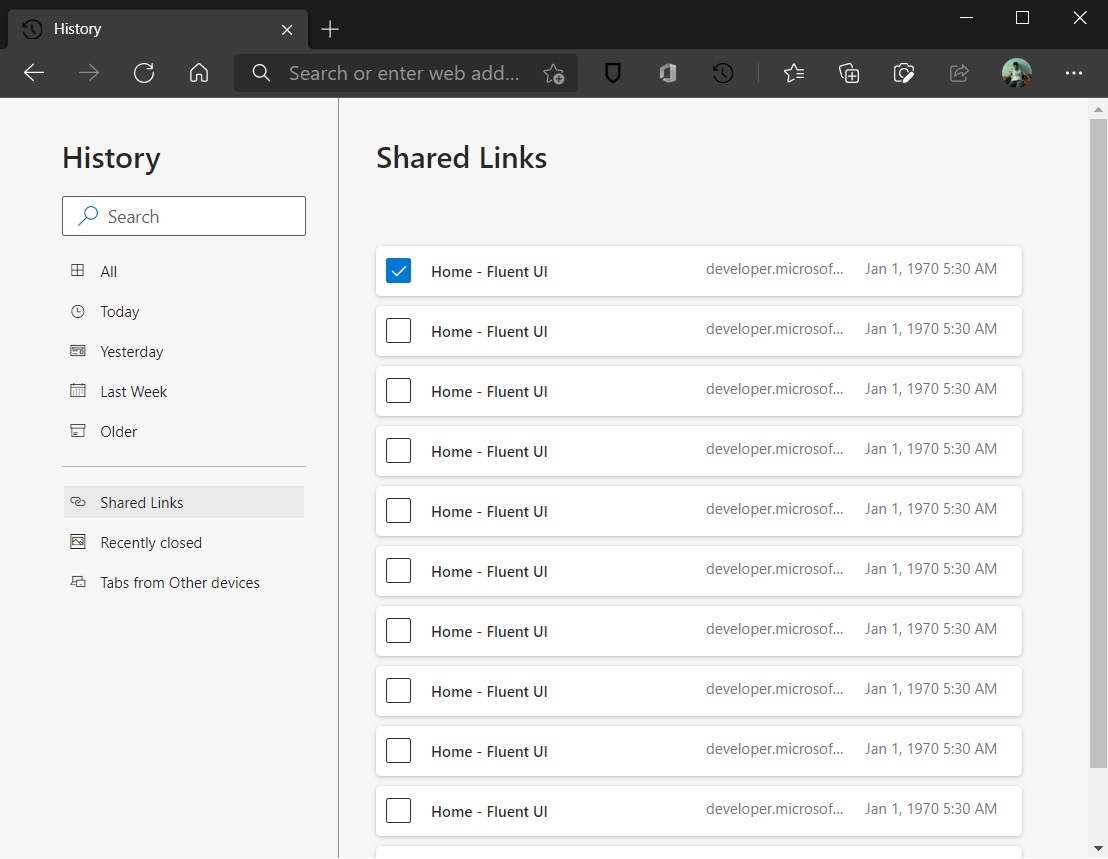
As shown in the above screenshot, Microsoft wants to add a “Shared Links” item to the navigation bar of Edge to help you find all the links shared with/by you.
Since the feature is set to become part of the history page, you can also use the existing search box to find the links quickly.
Microsoft is still testing the idea, but users should be able to test it using a new beta extension. Based on the feedback, Microsoft says they’ll implement it natively on Chromium Edge’s history page.
However, in our tests, we observed that the Shared Links page is currently a placeholder and it doesn’t work properly.
In addition to the new link sharing experience, Microsoft is working on improved Windows Cloud Clipboard, which will also work with websites open in Edge browser.
Other improvements for Microsoft Edge
Microsoft is also working on a few new improvements for Chromium Edge. For example, the latest Dev channel update has added support for resizable vertical tabs, a mini context menu in PDFs, support for additional in-page translation languages, and more.


